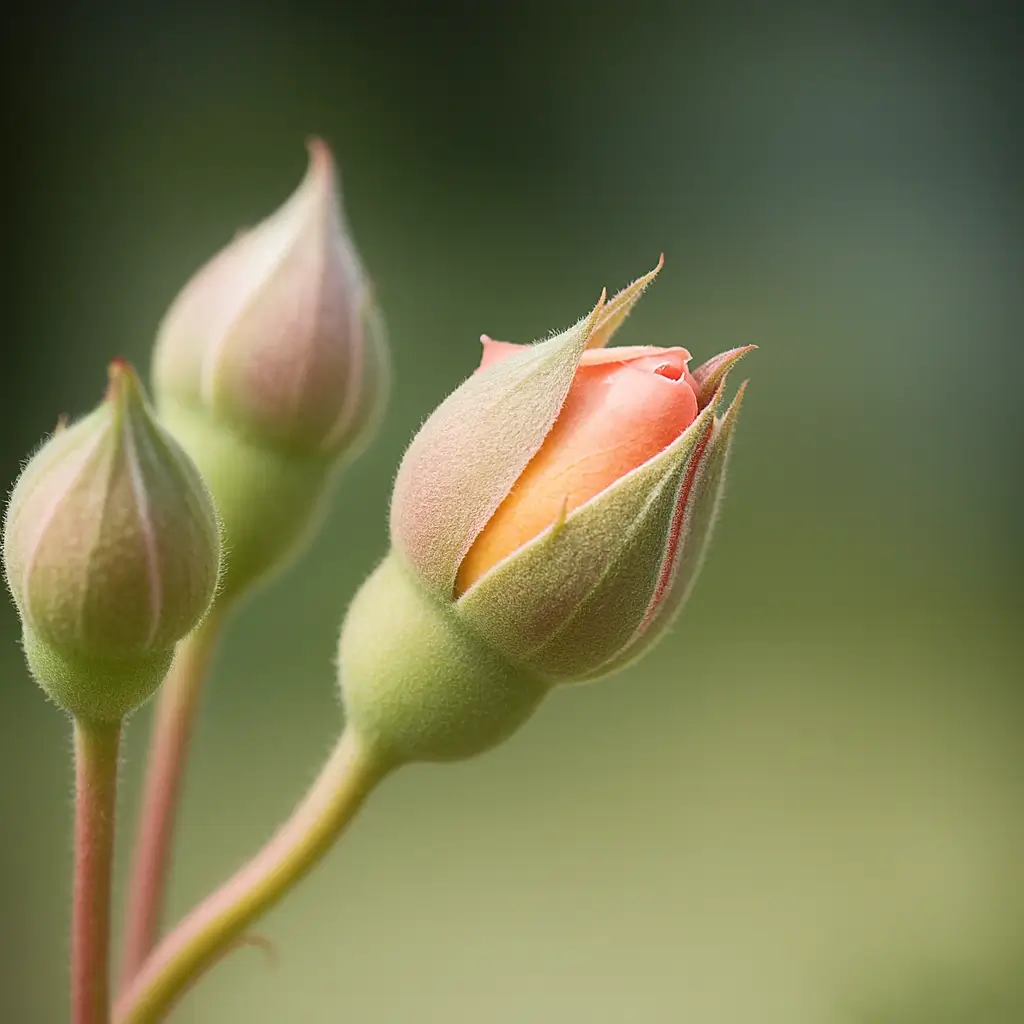I didn’t grow up in a religious home. We didn’t go to church, there were no sermons or commandments hanging over our dinner table. But my mother carried a kind of quiet Puritanism that shaped everything. In her world, wanting things was suspect. Beauty was indulgent. Restraint was virtue.
She never said it outright, but the message was clear: wanting too much meant you were selfish, ungrateful, maybe even weak. So I learned to suppress my desires early — to act as if not wanting was a sign of strength.
Even now, decades later, that old voice still whispers in the background whenever I feel drawn toward something I like. It happened recently when I bought a new watch. Nothing extravagant by most standards, but for me it stirred a deep unease — guilt for spending the money, fear that I’d lost control, a rush of shame for wanting anything “unnecessary.”
That’s when I realized: I wasn’t fighting over a purchase. I was fighting over permission to want.
How Desire Gets Twisted
For many of us raised under some form of moral restraint — whether religious or just cultural — desire becomes tangled with fear. We learn to equate self-control with virtue and wanting with danger. Over time, this creates a split inside: one part that feels the pulse of life moving toward beauty, comfort, or pleasure, and another that clamps down and says, “No. Don’t.”
The body feels this split. One current pushes forward; the other constricts. We can’t relax into either direction — not full surrender, not full denial — so we hover in tension, craving and rejecting at the same time.
In Western terms, you could call this internalized shame. In Daoist terms, it’s an imbalance between the Heart and the Liver.
The Heart–Liver Connection
In the Daoist view, the Heart represents spirit — joy, connection, and the ability to experience life as meaningful. The Liver represents movement — desire, vision, and the drive to act on what we feel.
When they’re in harmony, the Heart gives the Liver direction (“what truly matters to me”), and the Liver gives the Heart momentum (“how I move toward it”). That’s when desire feels alive, creative, and aligned.
But when that balance collapses — as it often does in people raised to distrust wanting — the two start to work against each other. The Liver still stirs with impulse and longing, but the Heart shuts it down, afraid of judgment or loss of control. The result is emotional friction: guilt, restlessness, emptiness, and a subtle sense that joy itself is unsafe.
Desire as Life Energy
Daoism teaches that Qi, the life force, must flow. When we block it with fear or shame, it stagnates. Desire is one of the ways Qi moves through us. It’s not something to fear — it’s the body’s way of saying, “There’s life here.”
If we repress desire, the energy doesn’t disappear; it just finds other outlets — sometimes through overthinking, compulsive behavior, or self-judgment. But when we allow desire to move consciously, it becomes creative again.
That’s the work: to let the Liver move without guilt, and the Heart stay open without fear.
Learning to Want Again
For me, that means noticing the moment guilt arises and asking:
“What if this wanting isn’t greed? What if it’s vitality?”
Sometimes it means allowing something small — a watch, a meal, a moment of pleasure — without immediately scanning for reasons I don’t deserve it. Other times it means just breathing into the sensation of wanting itself, without acting on it, without moralizing it.
The goal isn’t indulgence; it’s relationship. To feel desire fully, but hold it with awareness. To trust that wanting doesn’t make you selfish — it makes you alive.
Closing Reflection
Desire isn’t the enemy of spirit. It’s one of its languages. When the Heart and Liver learn to speak to each other again, what once felt like conflict begins to feel like flow.
Maybe your version of the watch is something else — a trip you can’t justify, a creative project that feels self-indulgent, a longing you’ve tucked away. Whatever it is, try whispering to yourself what I’ve started whispering to mine:
You’re allowed to want.


